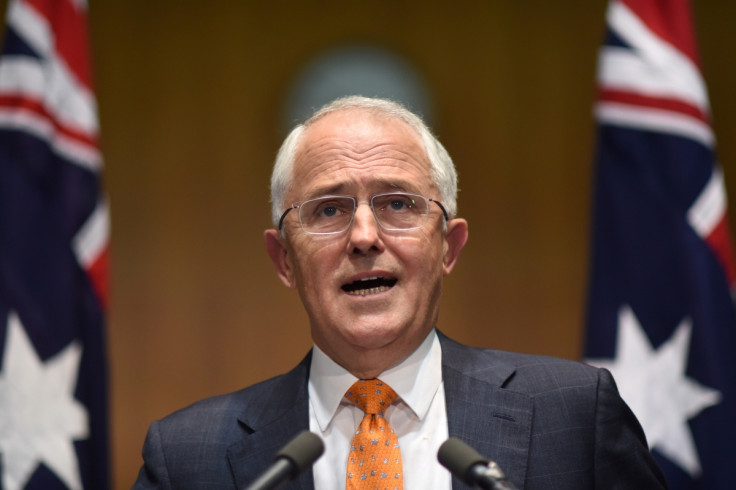Australians to head to the polls in July in rare double dissolution election

Australia will hold national elections on 2 July after Prime Minister Malcolm Turnbull asked the country's governor-general, Sir Peter Cosgrove, to dissolve both houses of parliament. The rare move means that all 150 House of Representatives seats and 76 Senate seats are up for grabs in the first double dissolution election since 1987.
Speaking from the capital city, Canberra on 8 May, the prime minister said: "At this election, Australians will have a very clear choice: to keep the course, maintain the commitment to our national economic plan for growth and jobs, or go back to Labor with its higher-taxing, higher-spending, debt-and-deficit agenda, which will stop our nation's transition to the new economy dead in its tracks."
He added: "But if we embrace this future with confidence and with optimism, with self-belief and a clear plan, then we will succeed as we have never succeeded before."
Turnbull had previously warned lawmakers that he would call for an early election if the upper house persisted in blocking government legislation.
Turnbull currently heads the National-Liberal coalition and will go toe-to-toe with Labor's Bill Shorten. A poll conducted by The Sunday Telegraph put the coalition ahead on primary votes with 42% compared to Labor's 36%.
Shorten said his party represents a "fairer Australia" and put equality at the heart of the battle. "Will this country be a country that ensures that the fair go is for everyone or that the fair go is just limited to the fortunate few?" asked Shorten.
Accusing the government of being "seriously out of touch," Shorten said he would make education a key election issue. "We will put the funding on the table to make sure every teacher in Australia gets the recognition and the support to back up what they do every day," Shorten said at a teachers' union meeting.
The election campaign is set to last eight weeks. Labour needs 21 seats – or a 4.3% swing – to take power while a 3.4% uniform swing would see the ruling coalition lose its majority.
© Copyright IBTimes 2025. All rights reserved.






















